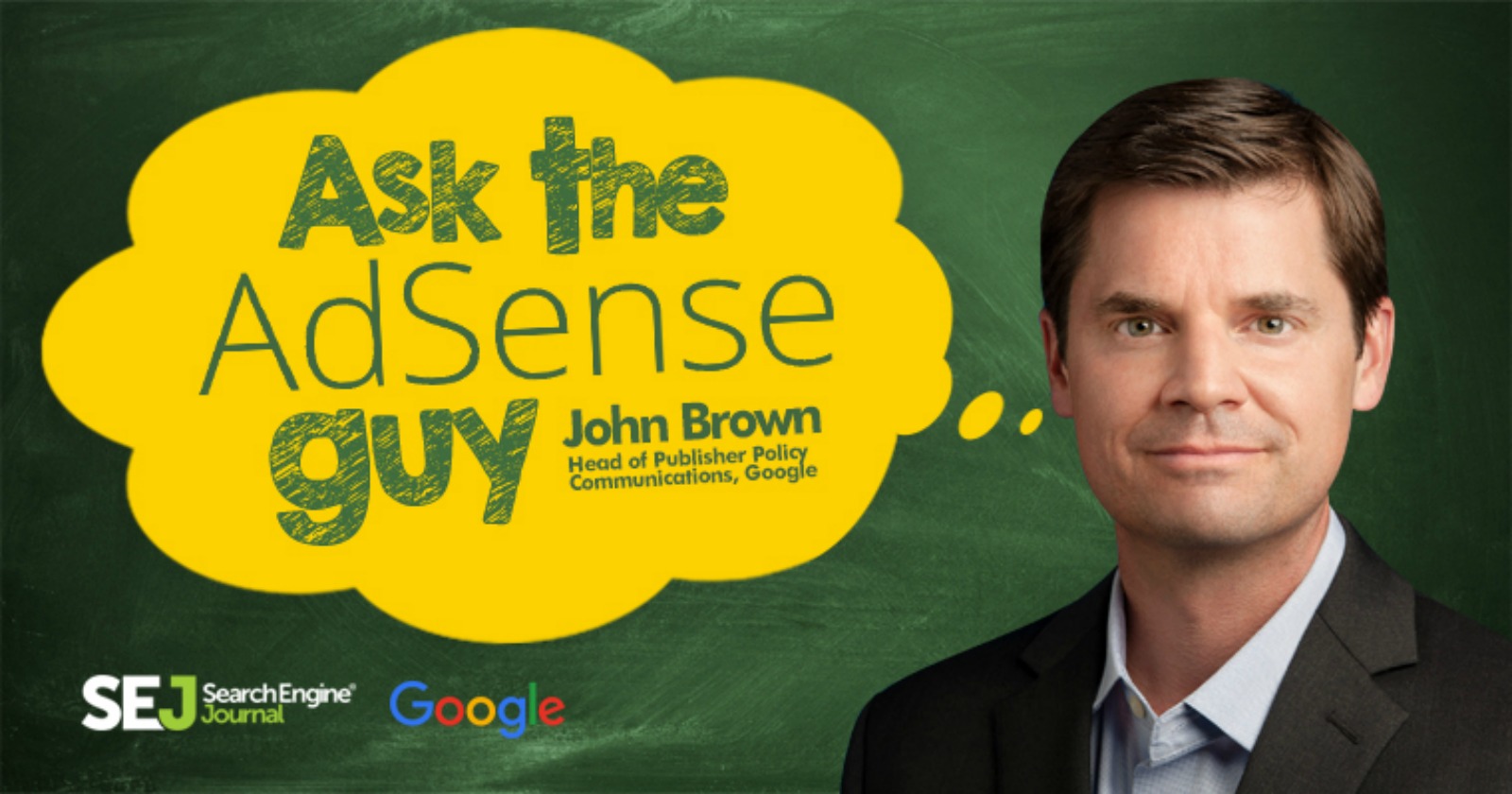Hello, AdSense publishers and partners! This article will cover our recently implemented Misrepresentative Content policy update.
What Exactly Does Google Mean by ‘Misrepresentative Content?’
We’ve had a long-standing set of policies prohibiting AdSense publishers from running ads on sites that help people deceive others, like a site where you buy fake diplomas or plagiarized term papers.
We updated our policies in November 2016 in response to a growing trend where we noticed publishers misrepresenting themselves and deceiving users with their content in order to make money.
To be clear, we are telling publishers that Google’s ads cannot be placed on pages that misrepresent, misstate, or conceal information about the publisher, the publisher’s content, or the primary purpose of the publisher’s web property.
Publishers are not allowed to make money from Google ads if they are deceiving users about who they are. For example, a site that attempts to impersonate another well-known news site to try and get users to click on their content by mistake.
When we become aware of sites with misrepresentative content, we take swift action to remove the ads from those sites, and in some instances disable the publisher’s account.
How Is Google Enforcing This Policy?
We are enforcing this misrepresentative content policy just like we do with other publisher policies — including disabling ads.
We use a variety of signals to uncover the overall deceptive practice of a publisher misrepresenting their content to the user rather than evaluating only the veracity of the content. This includes reviewing how the site is presented to the user and leveraging other signals to confirm violations of the policy.
For example, in just a month after launching the policy in November 2016, we reviewed 550 sites that were suspected of misrepresenting content to users, including impersonating news organizations. We took action against 340 of them for violating our policies, both misrepresentation and other offenses, and nearly 200 publishers were kicked out of our network permanently.
Our most recent Bad Ads report provides more detail on how we identified and fought against bad ads and sites in 2016.
What About Satire?
I’ve been asked specifically about satirical content, such as sites that pose as news sites, but clearly present content that is humorous, or satirical in nature. Satire sites are not at the heart of what this policy was designed to address. If the content is clearly satire without attempting to misrepresent itself to the user, then this policy would not apply.
Summary
We simply don’t want users to feel misled by sites that we help monetize. That means being upfront, honest, and providing them with the information that they need to make informed decisions.
Through this, and our other policies, we will be limiting ad serving to pages that erode user trust in online content and the overall ads ecosystem that supports that content.
I hope this helps to provide more context around why we developed this policy, as well as how we execute enforcement of the policy.
We love your feedback and look forward to continuing this dialogue. Keep the questions coming!
Featured Image: Paulo Bobita




